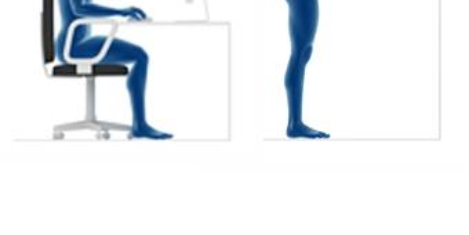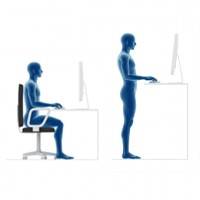September 9, 2015
Wellness policies often ignore the role of the workplace environment 0
 A new meta analysis compiled by researchers from Harvard Business School and Stanford University raises questions about the way Government and organisational policies designed to tackle the problems of work related health costs in the United States have largely ignored the health effects of ‘psychosocial workplace stressors’ such as high job demands, economic insecurity, and long work hours. The analysis of 228 existing studies assessed the effects of ten workplace stressors on four specific health outcomes. The researchers claims that job insecurity increases the odds of reporting poor health by about 50 percent, high job demands raise the odds of having a diagnosed illness by 35 percent, and long work hours increase mortality by almost 20 percent. They argue that any policies designed to address these issues should account for the health effects of the workplace environment.
A new meta analysis compiled by researchers from Harvard Business School and Stanford University raises questions about the way Government and organisational policies designed to tackle the problems of work related health costs in the United States have largely ignored the health effects of ‘psychosocial workplace stressors’ such as high job demands, economic insecurity, and long work hours. The analysis of 228 existing studies assessed the effects of ten workplace stressors on four specific health outcomes. The researchers claims that job insecurity increases the odds of reporting poor health by about 50 percent, high job demands raise the odds of having a diagnosed illness by 35 percent, and long work hours increase mortality by almost 20 percent. They argue that any policies designed to address these issues should account for the health effects of the workplace environment.



































September 2, 2015
We need to do more than pay lip service to workplace wellbeing 0
by Ann Clarke • Case studies, Comment, Wellbeing, Workplace design
More →